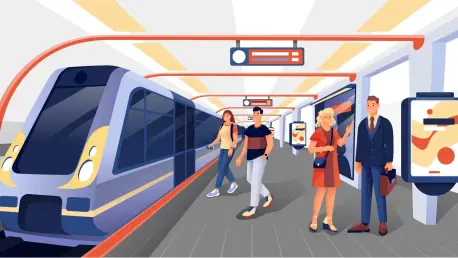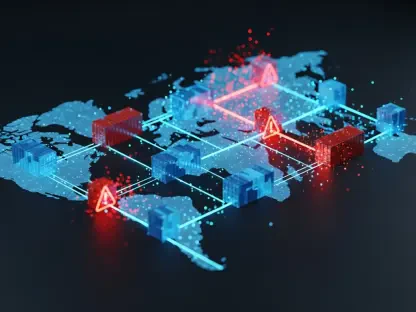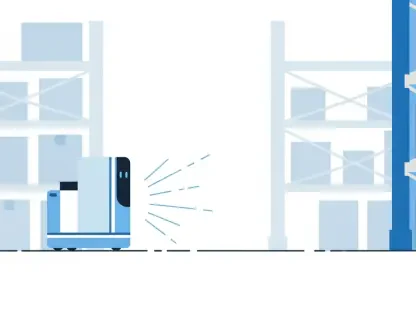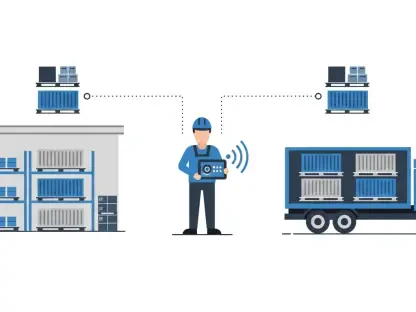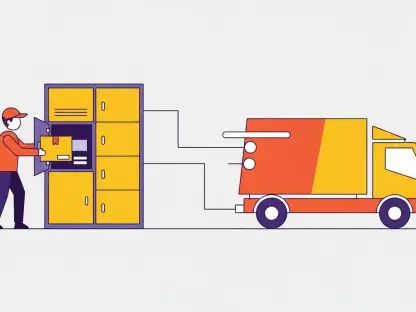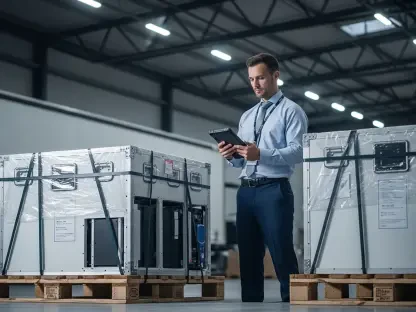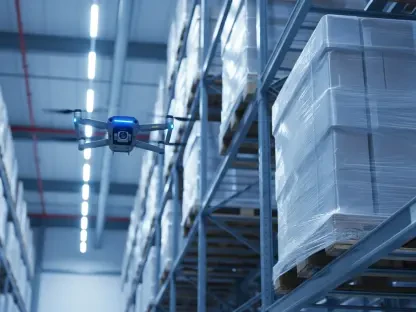Short introduction With decades of experience in the logistics industry, spanning supply chain and delivery, Rohit Laila brings a wealth of knowledge to the table. His passion for technology and innovation in the sector makes him the perfect person to discuss the intricacies of rail transportation and infrastructure maintenance. Today, we’re diving into the details of a significant maintenance contract awarded to a leading rail company for the Delhi Metro Rail Corporation (DMRC) in India, exploring its scope, goals, and impact on urban transit systems.
Can you walk us through the key aspects of the recent 10-year maintenance contract awarded for the Delhi Metro Rail Corporation?
Absolutely. This contract is a comprehensive agreement spanning a decade, focusing on the annual maintenance of metro trains, specifically those made by Bombardier. It covers a wide range of services, including not just the trains themselves but also machinery and plant systems at the DMRC’s facilities. Additionally, it involves housekeeping services for both the trains and the Badli Depot, ensuring a clean and efficient environment. The deal also extends to maintaining onboard signaling equipment across all 103 trains operating on Lines 1 and 2, which is critical for safe and reliable service.
How does this contract break down in terms of the number of trains and the specific lines involved?
The contract includes maintenance for a fleet of 103 trains, which operate on two key lines of the Delhi Metro—Lines 1 and 2. These are among the busiest and most crucial corridors in the network, serving millions of passengers in the capital region. Ensuring these trains are in top condition is vital for keeping the system running smoothly and meeting the demands of a rapidly growing urban population.
What can you tell us about the financial value of this contract and the process behind securing it?
The contract is valued at approximately 42.1 million EUR, which reflects the extensive scope of work involved. It was awarded through a competitive bidding process initiated by the DMRC. The selection likely considered factors like technical expertise, past performance, and the ability to deliver on such a large-scale maintenance project. Winning this bid highlights the trust placed in the contractor’s capability to maintain high standards for one of India’s most advanced metro systems.
What are the primary objectives of the maintenance work under this agreement?
The main goals are centered around performance, reliability, and safety of the metro fleet. The maintenance work is designed to minimize downtime and ensure that trains operate at peak efficiency. This includes regular checks and corrective actions to address any issues that arise. Safety is, of course, paramount, so there’s a strong focus on adhering to strict standards to protect passengers and staff. Ultimately, the aim is to extend the lifespan of these critical assets while maintaining a seamless experience for commuters.
Can you elaborate on how safety and reliability will be ensured for the trains?
Reliability comes down to a proactive approach—scheduled maintenance routines are put in place to catch potential problems before they escalate. This involves detailed inspections and testing of critical components. For safety, every aspect of the train, from brakes to electrical systems, is rigorously checked to meet industry standards. There’s also an emphasis on corrective maintenance, which means fixing issues as soon as they’re identified to prevent any impact on operations or safety.
Beyond the trains themselves, what other responsibilities are included in this contract?
The scope goes well beyond just the rolling stock. It includes maintenance of machinery and plant systems at the Badli Depot, which is a key facility for the metro’s operations. Housekeeping services are also part of the deal, covering both the trains and the depot to maintain cleanliness and order. This holistic approach ensures that every element of the system, from the vehicles to the supporting infrastructure, is kept in optimal condition.
How does the maintenance of onboard signaling equipment fit into this project?
Signaling equipment is the backbone of safe and efficient train operations, and this contract includes its upkeep for all trains on Lines 1 and 2. This involves maintaining onboard Automatic Train Control (ATC) systems and underframe ATC equipment. The work covers failure diagnosis, providing technical support, and ensuring spare parts are available. There’s also a component of installing data logger cards, which help in monitoring and analyzing system performance to preemptively address issues.
What does this contract signify in terms of the broader relationship with DMRC and the urban transit landscape in India?
This agreement underscores a long-standing partnership with DMRC, which is a cornerstone of urban mobility in India. It reflects a commitment to supporting one of the country’s most advanced metro systems during a time when urban transit networks are expanding rapidly. Maintaining metro trains isn’t just about keeping them running—it’s about ensuring millions of people can rely on public transport every day. This project also aligns with broader goals of delivering sustainable and efficient mobility solutions, which are crucial as cities continue to grow.
Looking ahead, what is your forecast for the future of metro maintenance and urban transit systems in India?
I believe we’re on the cusp of a transformative era for urban transit in India. With cities expanding and populations surging, the demand for reliable metro systems will only increase. Maintenance will become even more critical, and I expect to see greater integration of technology—think predictive maintenance using AI and IoT to anticipate issues before they occur. Sustainability will also be a key focus, with efforts to reduce energy consumption and extend the life of assets. Overall, partnerships like this one with DMRC will set the standard for how we manage and modernize transit systems to meet future needs.
